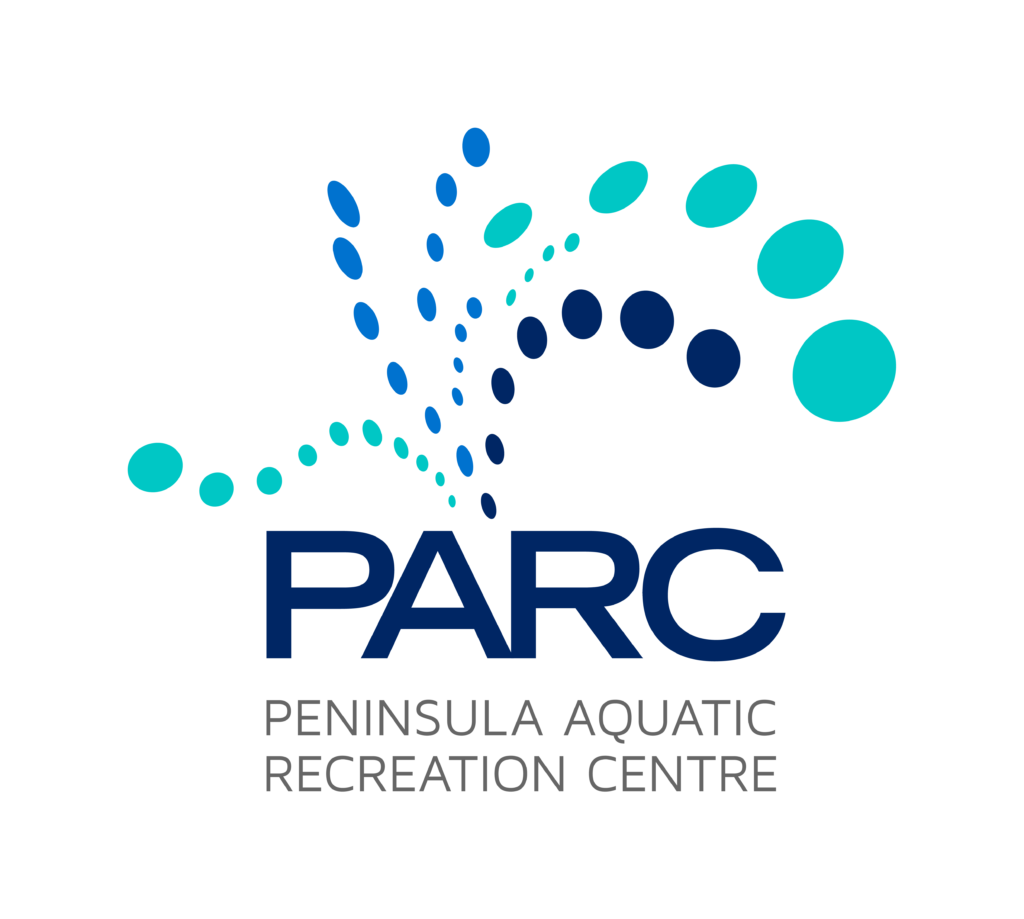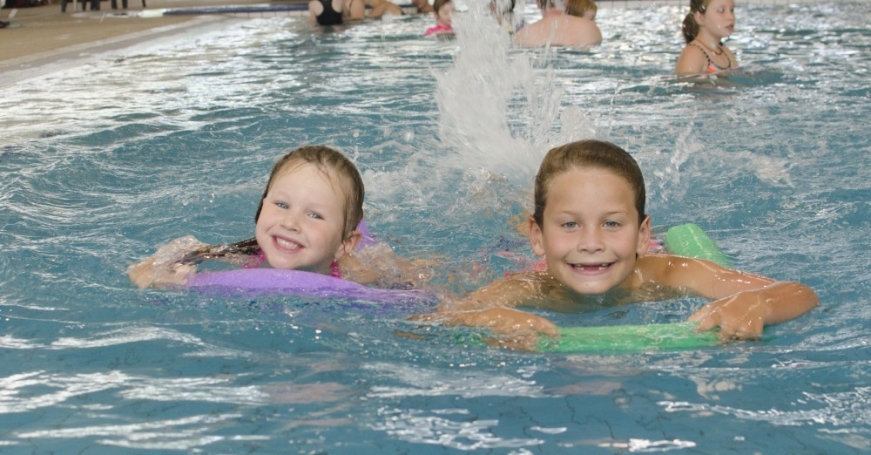March 14, 2018 | Australian Leisure Management Early results from a world-first research study show that preventing drownings is not as simple as getting more children into intensive school swimming programs. Despite Victoria recording the highest number of reported drownings in over a decade this summer, there has previously been little to no research or formal studies undertaken on how best to teach children to swim. To help address the tragic prevalence of drownings, Frankston-based Peninsula Leisure has joined forces with Deakin University to undertake a comprehensive study at the Peninsula Aquatic Recreation Centre (PARC) into the most effective teaching method to help kids gain and retain swimming skills. Despite a worryingly low starting point, with two-thirds of students in the pilot study finding it challenging or impossible to swim 50 meters, early indications revealed a significant increase in swimming skills gained from the school swimming program. However, there was a severe lack of retention of these skills. Testing undertaken just nine-months after completion of the school swimming program, showed 63% of students had a lower level of swimming competency compared to the beginning of the program. Additionally, 24% of students returned to the same level of competency. Peninsula Leisure Chief Executive Tim Gledhill said the pioneering research, which is due to be completed in April 2019, will provide critical insights into how best to teach children so they learn and retain life-saving swimming skills. Gledhill stated “this research is the first of its kind to show that one-off, intensive swim classes alone are not enough to address the lack of swimming ability amongst kids, or to reduce the tragic rate of drownings in Victoria and across Australia. “Early results show that students must attend regular swimming classes, or at least swim regularly outside school, in order to retain basic swimming skills and be safe and confident in the water. “While we support calls to increase the accessibility of schools-based programs to ensure all children can swim confidently by the end of primary school, this research also highlights the importance of ensuring the type and frequency of lessons is best suited to help kids retain these life-saving skills.” PARC Swim Manager, Julia Wood, who helped lead the study, said she was especially proud of how the research could help increase water skills and safety in the local Frankston community. Wood added “the Frankston primary school students who participated in the study are not only on the path to gaining valuable swim skills, but helped us gain critical knowledge on which teaching model leads to greater retention of swimming skills.
“This research could help save countless lives, and supports our vision to ensure every child in Frankston can swim.”
Testing is still being conducted at Peninsula Aquatic Recreation Centre, with Peninsula Leisure and Deakin University aiming to provide final research findings in April 2019.







